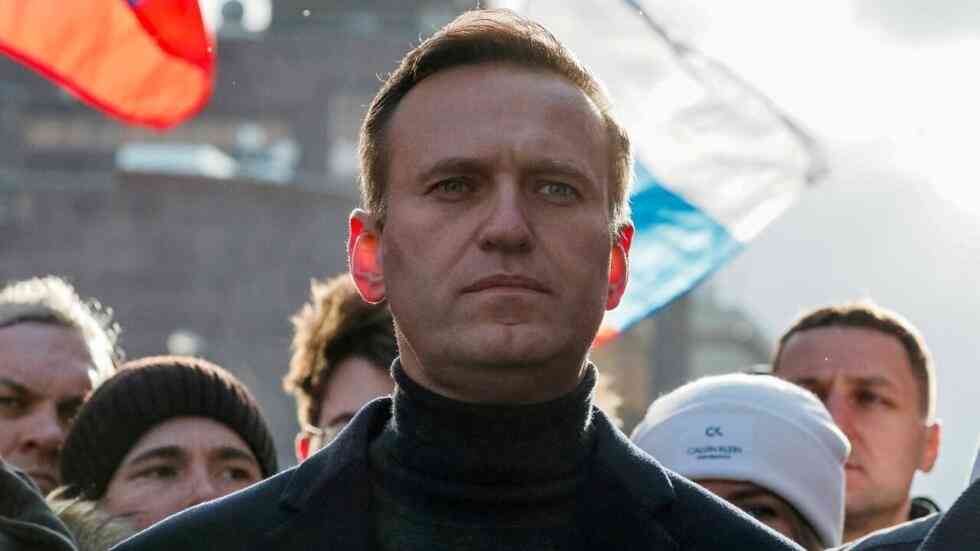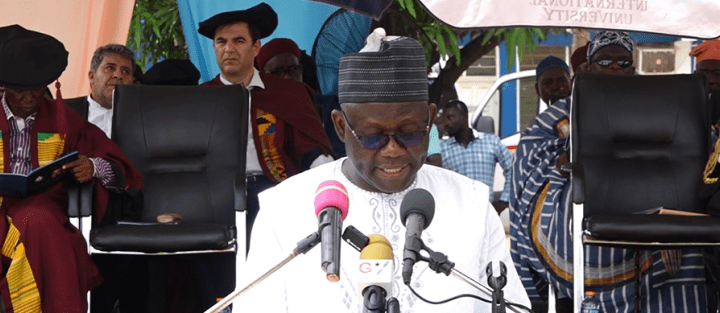Russian Opposition Leader, Alexei Navalny, Dies In Prison

Alexei Navalny
The Russian opposition leader, Alexei Navalny, dies while serving a prison sentence. The reported circumstances surrounding Alexei Navalny’s death have sparked widespread speculation and controversy.
According to Russian authorities, Navalny fell unconscious and subsequently died after a walk at the IK-3 penal colony in the “Polar Wolf” Arctic region. However, his death comes amidst a history of tensions between Navalny and the Russian government. Navalny’s supporters vehemently contest the official narrative, alleging foul play and pointing to previous attempts on his life, including a poisoning incident in 2020, which Navalny survived after receiving medical treatment in Germany.
Russian opposition leader Alexei Navalny dies in prison, leading to swift condemnation from world leaders
This history of targeted attacks against Navalny has led many to question the official account of his death and raised concerns about political repression in Russia.
Navalny’s death has prompted swift and forceful condemnation from leaders and officials across the globe. President Joe Biden of the United States, along with other Western leaders, has publicly condemned Russia over Navalny’s demise, placing the blame squarely on President Vladimir Putin and his government.
The international community’s unified response reflects deep-seated concerns about human rights violations and the erosion of democratic norms in Russia. Furthermore, Navalny’s death has exacerbated existing tensions between Russia and Western nations, contributing to a further deterioration in diplomatic relations.
Throughout his career, Alexei Navalny has emerged as one of Russia’s most prominent and outspoken critics of the Kremlin. His activism focused primarily on exposing corruption and advocating for political reform within Russia’s deeply entrenched power structures. Navalny’s boldness and unwavering commitment to transparency and accountability garnered him significant support both domestically and internationally.
He became a symbol of resistance for many Russians disillusioned with Putin’s regime, offering a vision of a more democratic and just society.
Navalny’s untimely death has far-reaching implications for Russia’s political landscape. His absence leaves a void within the country’s fragmented opposition movement, depriving it of a charismatic and influential leader. Furthermore, Navalny’s death casts a spotlight on the broader issue of political repression and the stifling of dissent in Russia.
The Kremlin’s handling of Navalny’s case has drawn scrutiny from human rights organizations and democratic governments worldwide, reinforcing concerns about the erosion of civil liberties and the rule of law under Putin’s leadership.
Alexei Navalny’s death represents a watershed moment in Russia’s political history, underscoring the deep-seated tensions between the Kremlin and its critics. The circumstances surrounding Navalny’s demise and the international reaction to it have reignited debates about democracy, human rights, and the rule of law in Russia, with far-reaching implications for the country’s future trajectory.
Send Stories | Social Media | Disclaimer
Send Stories and Articles for publication to [email protected]
We Are Active On Social Media
WhatsApp Channel: JOIN HERE
2024 BECE and WASSCE Channel - JOIN HERE
Facebook: JOIN HERE
Telegram: JOIN HERE
Twitter: FOLLOW US HERE
Instagram: FOLLOW US HERE
Disclaimer:
The information contained in this post on Ghana Education News is for general information purposes only. While we endeavour to keep the information up to date and correct, we make no representations or warranties of any kind, express or implied, about the completeness, accuracy, reliability, suitability or availability with respect to the website or the information, products, services, or related graphics contained on the post for any purpose.



 Old students build health centre for Awudome SHS
Old students build health centre for Awudome SHS  Move away from traditional theoretical based learning – Prof Abeku Quansah to students
Move away from traditional theoretical based learning – Prof Abeku Quansah to students  Professor Amin Alhassan speaks at 20th Congregation of Islamic University College
Professor Amin Alhassan speaks at 20th Congregation of Islamic University College  Ministry of Education Postpones Reopening Date of Basic Schools By One Week
Ministry of Education Postpones Reopening Date of Basic Schools By One Week